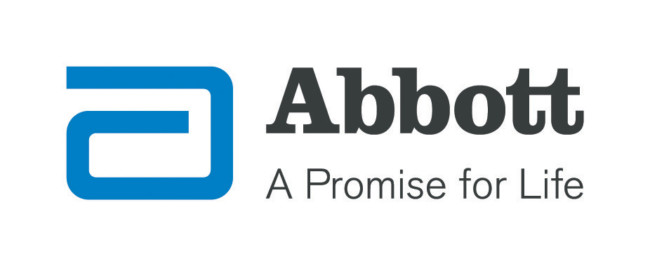
You want to speak English with confidence and sound like you know what you’re talking about, right?
We all do. And we all have times where we do not feel so confident but need to sound like we are. How can we do this? Are there tips or tricks?
You bet there are! This article is about how American English speakers exude confidence! If you are a foreign-born speaker of English, here are some tips to sounding like you know what you are talking about and believe in yourself (even if you are unsure!).
First of all, the best way to know how you sound and to discover how effective you are sounding is to record yourself. I know, I know. We all hate to listen to ourselves; we all hate the way we sound. This is difficult. However, hitting record on your phone app during an important client call, during a meeting or during a discussion at work can give you a lot of information. Just for a minute or two.
Here are some of the most frequent speech patterns you may be using that make you sound tentative, weak, or not sure of yourself:
1. Going UP with your pitch at the end of declarative sentences, using ‘Up Speak.’
This pattern of speech is rampant in our world today. It is sometimes associated with the manner of speaking of young women from the San Fernando Valley in Southern California (Valley Girls). But it can be heard in many demographics, from entry-level jobs to high-level positions, and in both men and women.
Generally, the research shows that it is not ‘bad’ to use an upward inflection at the end of a sentence. It just depends on the situation.
Listen to the following examples. The first is the use of an upward intonation at the end of the sentence, and the second shows how not to do that!
- UpSpeak Example: I think we should start on Monday.
- UpSpeak Example Corrected:
When is it fine to use Up Speak?
Going up at the end of an utterance (using upward intonation) is a useful and correct speech pattern to use in the following situations:
- at the end of Yes/No Questions – For example
or Are you going to the dinner tonite? Any questions that can be answered with a ‘yes’ or a ‘no’ can utilize up speak.
- When you are signifying to the listener that there is more information coming – For example, if you are listing items (I need to buy soap, milk, and….)
- when you are unsure of what you are saying – (I’m not sure if I need to file that report today or tomorrow.)
However, if you are stating a fact, making an assertive statement about anything, do not let your pitch go up at the end of the sentence.
In American English, we usually stress at least the LAST important word in a sentence.
To stress a word, you go up on the stressed syllable, stretching out the vowel and then bring your pitch down again.
Related Post: Adding Emphasis In American English
2. Using long, run-on sentences with a lot of ‘filler words’ when a short statement would work much better.
For example, consider the following:
“Yes, I feel like we should agree that we should probably go, like, well, like on the long version, you know, the longer, more detailed version of the plan.”
Versus:
“Yes, let’s agree to use the more detailed version of the plan.”
If you are in a situation that makes you nervous, try to use shorter sentences. Rise up with pitch and fall at the end of the sentence. Try these:
“Yes, let’s do it!”
“I ‘ll start working on it right away.”
“That’s a great idea.”
“I will check on that.”
3. Speaking TOO quickly
Many of my clients who are international professionals feel that they should speak English as quickly as possible to show that they are proficient in the language. I have felt the same way when speaking German (I think: If I speak quickly, everyone will see that I am fluent!). This is, however, NOT a good idea, especially when you are nervous.
To sound more confident, slow down! Use the power of ‘The Pause’ to strengthen the important words you say. This is part of how we speak emphatically, with emphasis.
Consider the following:
(spoken very fast ) “I want to go home now!”
Versus:
“I……..want……..to……..go……home…….now!”
The second sounds much stronger! Much more assertive and confident, don’t you think?
The benefit of using pauses while you speak is that the listener also has more time to process what you are saying. This is especially important when you are giving a presentation.
Have you ever attended a presentation where you couldn’t understand all the speaker was saying because he/she was just speaking TOO fast? If the presentation is on technical or detailed, new information, a fast-speaking presenter can really fail in his/her mission, which is to have the audience understand the new information.
An added benefit: speaking more slowly also gives you time to think!
In summary, three easy things you can do to sound more confident when speaking English are:
1. Go DOWN in pitch at the end of declarative sentences.
2. Use short, declarative sentences without filler words.
3. Speak comfortably and slowly.
You can do it!
If you’re a business professional and want to feel more confident speaking English, click here to to learn about my American Accent Training program.
– Dr. Catherine Ojakangas














